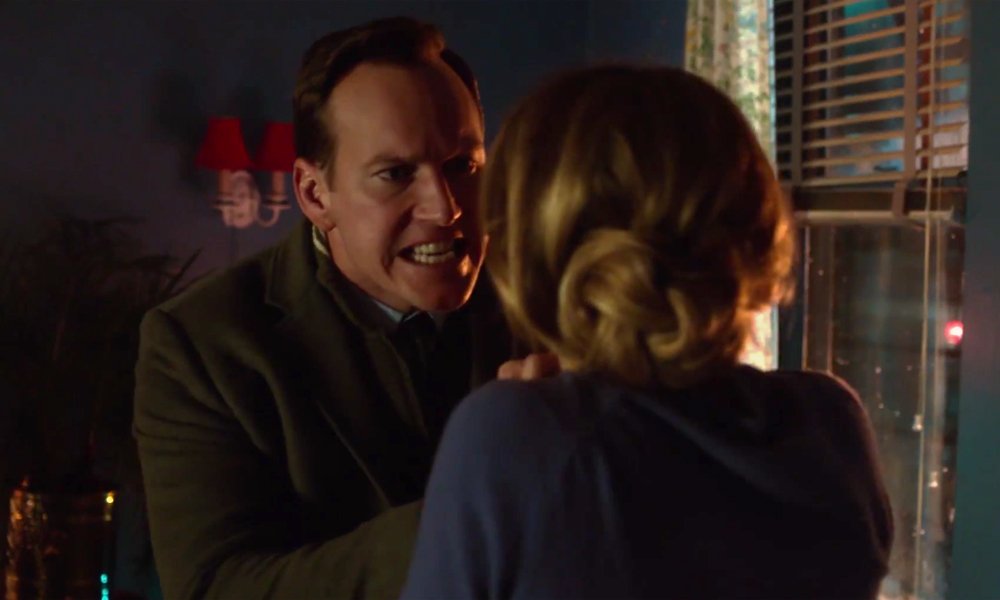A Kind of Murder is a moody psychological thriller set in 1960s New York, following Walter Stackhouse, a successful architect with a seemingly ideal life. Beneath the surface, however, Walter is unfulfilled—his marriage to the emotionally unstable Clara is cold and oppressive. As he grows more distant, he becomes infatuated with both another woman, a singer named Ellie, and with the case of a bookseller, Kimmel, suspected of murdering his own wife. Walter begins fantasizing about a life free from Clara, and his imagination soon takes a dark turn.
When Clara dies under mysterious circumstances, Walter finds himself at the center of a murder investigation led by the sharp but obsessive Detective Corby. Though Walter did not commit the crime, his behavior, thoughts, and connection to Kimmel’s case cast doubt on his innocence. The line between guilty action and guilty intention becomes blurred, making him a suspect in both the eyes of the law and the viewer.
Visually, the film evokes classic noir with rich color palettes, shadows, and stylish production design. The cinematography beautifully captures the cold elegance of 1960s suburban America, reflecting Walter’s internal repression. This visual strength, however, often outpaces the narrative. The film builds atmosphere well but sometimes lacks urgency or emotional depth. It’s slow-burning, almost meditative at times, but doesn’t always offer the psychological intensity that its premise promises.
Patrick Wilson, as Walter, delivers a nuanced performance that communicates quiet conflict and buried desires. His subtlety helps maintain the film’s intrigue even when the script falters. Jessica Biel, as Clara, plays her role with restraint, though her character is underwritten. Supporting roles, especially the detective and Kimmel, are serviceable but occasionally feel flat or overly stylized.

Based on a Patricia Highsmith novel, the film shares her typical themes—moral ambiguity, obsession, and the duality of human nature—but doesn’t quite achieve the sharpness or psychological complexity of her best adaptations. Some viewers may enjoy the ambiguity and restraint, but others could find the story underwhelming or emotionally distant.
In the end, A Kind of Murder is more about mood and suggestion than action or resolution. It’s a stylish and haunting experience, visually impressive and conceptually intriguing, but one that leaves questions unanswered and emotions unexplored. A flawed but fascinating thriller, best appreciated by fans of slow-burn, noir-influenced cinema.

-1751856007-q80.webp)

-1751961886-q80.webp)